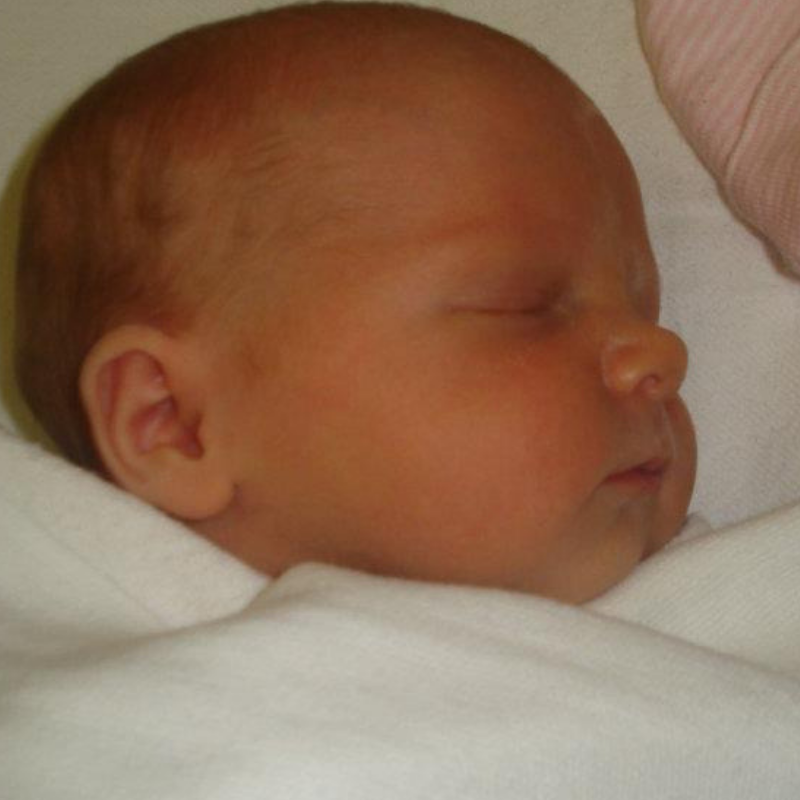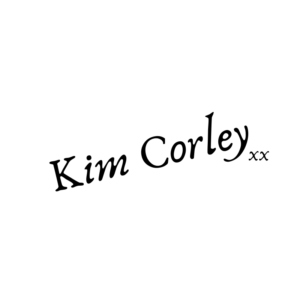Five must-know things about newborn sleep
Here are five must-know things about newborn sleep. I’ve put these together to help you understand your little one when they’re new, and to give you a foundation to start helping them sleep well outside the womb.
The newborn period I’m talking about encompasses the first 12 weeks of your baby’s life. It is a unique time for both of you, especially if this is your first child, when both of you are new to everything. The newborn stage is different from what your child will experience later in life as they grow and mature. It’s also a great time for you to take things slowly and for you to get to know your little one. Hopefully these five things will give you a little more insight into your new baby..
1. Newborns need a lot of sleep
Over the first 4-6 weeks in particular, newborns do best on around 18 hours sleep a day. Yes, that much sleep. It is a lot of sleep and that can sometimes seem a shame when you want to show them off and get out and about a lot. Wake time will increase as your baby grows… until then, sleep is the best thing for their body and brain.
2. Newborn sleep is the same sleep as in the womb, but…
Around 25 weeks gestation, the foetus in your tummy starts sleeping. Amazing right. However, the sleep in the womb doesn’t change just because your little bundle of gorgeousness is born.
While sleep stays the same, the environment once born is very different. Your baby is bombarded by lights, sound, smells, and myriad or other sensations both internal and external. That can be a lot to get used to. As you can imagine, sleeping in such a different environment can be challenging for some. This a time to be gentle, understanding and take things slowly – for both of you.
3. The best settling techniques recreate what your newborn already knows
By settling, I mean calming, because we all need to be semi relaxed or calm to drift into sleep well. As humans we feel more comfortable with what we already know. So when settling your newborn, think back to the environment they know. Shushing and white noise recreates the sound of the womb (raindrops not so much). Swaddling gives them back the feeling of being snug and secure. Baby swings mimic the motion of you walking when pregnant… and they were already sucking on fingers in your tummy too, yet co-ordination is still a work in progress…
4. They don’t have their own body clock.. yet
When in your womb, your baby had an indication of your 24-hour body clock (your circadian rhythm) with your rising/falling hormone levels which are based on light and dark. This body clock won’t kick in for your little one until the 6 – 14 week mark – There is no distinction of day and night earlier than this and it is also why a number of babies get their days and nights mixed up around the 6-week mark. They are a bit more awake and alert, and can start sleeping in longer blocks, but they don’t yet have it around the right way yet, simply because they haven’t got their body-clock in line with hormone levels and light and dark.
5. You can’t spoil a newborn, but you can start as you mean to go on
Have you heard that you can’t spoil a newborn? It’s true, there are no studies out there saying you can give your baby too much love and comfort (although, that’s not really spoiling them, that’s simple caring, right?). Another way to put it would be you can’t “break” a newborn by responding to them (please don’t drop them though).
Because newborn sleep hasn’t matured, and their needs are different from older babies, you don’t need to panic about what you do or don’t do. This is your getting to know each other time, and if you want to hold your baby while they’re sleeping, go ahead, there’s nothing better than a sleeping babe in arms. At first your little one won’t want to be put down anyway, this is new to them too remember.
However, I do recommend starting healthy sleep habits early and starting as you mean to go on, simply because your baby won’t always be a newborn. Soon he or she will start becoming more alert and will get use to the environment they’re in. If you’d prefer they sleep in the bassinet, work towards that from early on, because once they are use to something else (always holding to sleep for example), it can be harder to change it. Humans do get stuck in their ways (no matter the age) and we all prefer what we already know.
It won’t be this way forever…
Newborn sleep doesn’t stay the same, in fact sleep goes through a developmental change around the 12-week mark. It is also around this time that your little one has likely forgotten the womb environment, so the same settling techniques may not work as well (unless you’ve been using them regularly) and they can cotton onto negative sleep associations and sleep props, which get in the way of sleep later. For this reason, working on sleep hygiene and healthy habits from an early age is a great idea.
If you’d like to know a little more about newborn sleep, and how to encourage healthy sleep habits from the day go, or even at a later age, please book in a free call to know more about my newborn or infant packages. While you’re still expecting is a great time to have some clear guidelines on newborn sleep, but the first few weeks and months are also a great time to lay some solid foundations. If you’d like a sleep voucher for a friend, you can arrange that too. Send me an email at kim@cherishedsleep.co.nz
And if you’d like to know more about sleep as your baby grows and develops, please sign up to my monthly newsletter. And follow along on Facebook and Instagram. Because everyone needs a good night’s sleep.
The picture above is my daughter taken when she was just a few days old (still in hospital). Because I learnt a few newborn healthy sleep habits I didn’t need to “sleep train” my daughter when she got older. She learnt to self-settle from a very young age and is still a brilliant sleeper (anywhere) at age 7 years. This is a big contrast to my firstborn – my son – who I have to constantly keep on track because he never learnt early… in fact his lack of sleep in the early days may have compounded his learning problems moving forward. I encourage you to focus on sleep early because it makes all the difference to health and development. I wish I’d done more with number one. If only I’d known.



